IGNORED
second ball on tee
Note: This thread is 4319 days old. We appreciate that you found this thread instead of starting a new one, but if you plan to post here please make sure it's still relevant. If not, please start a new topic. Thank you!
-
Topics Being Discussed Right Now on The Sand Trap
-
"5 Minutes Daily" Practice Challenge 1 2 3 4 850
By iacas, in Instruction and Playing Tips
- 5 minutes daily
- dedication
- (and 6 more)
- 15,285 replies
- 928,210 views
-
A Novice Journey to Building a Bag. (Help Appreciated) 1 2
By retoid, in Clubs, Grips, Shafts, Fitting
- 26 replies
- 1,003 views
-
- 2,988 replies
- 250,697 views
-
- 23 replies
- 3,308 views
-
- 7 replies
- 348 views
-

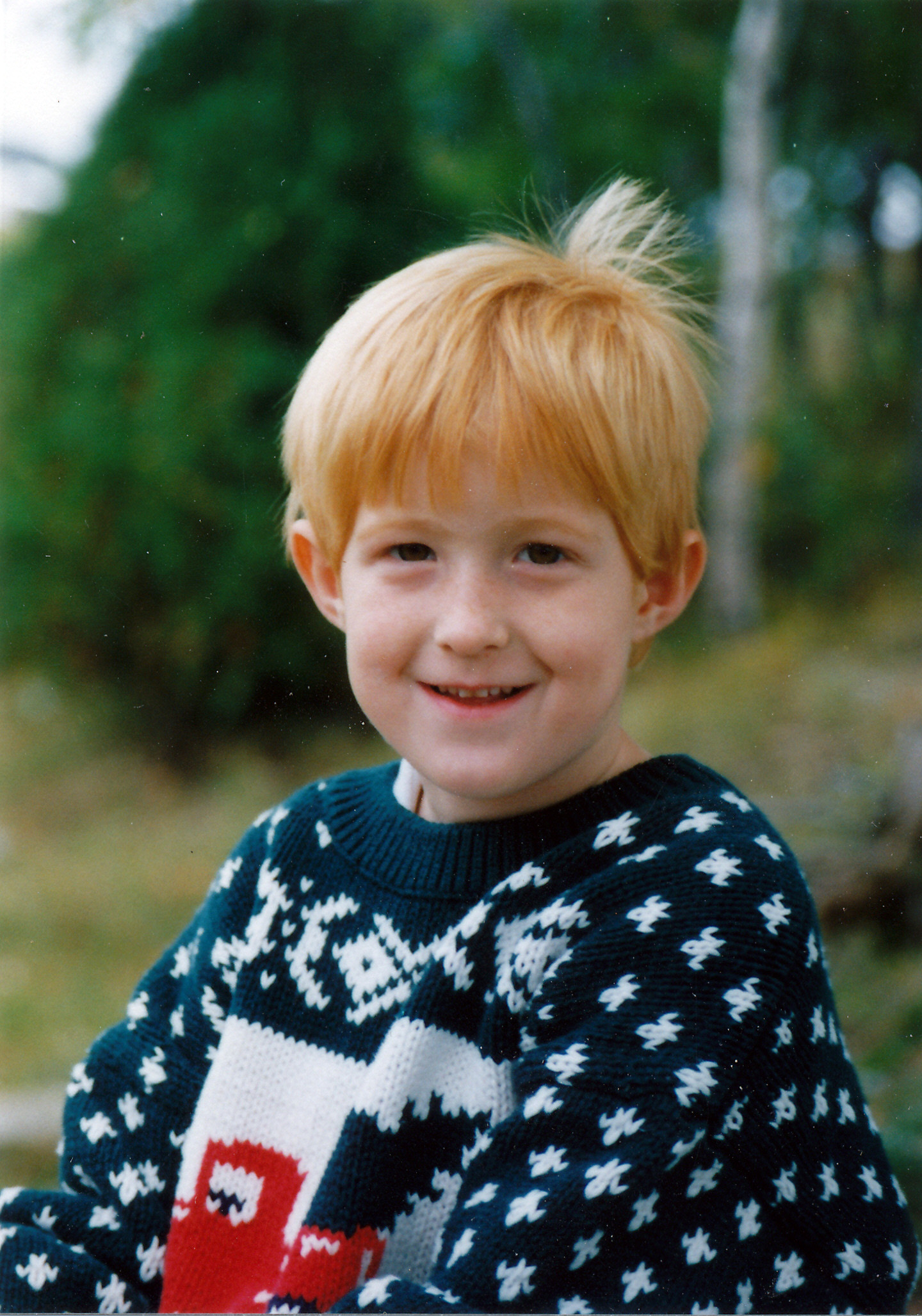
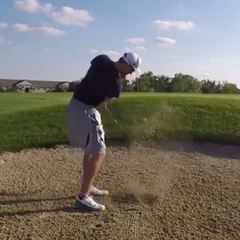
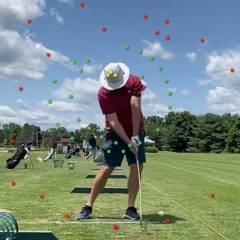
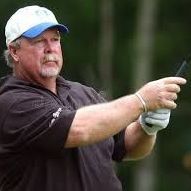


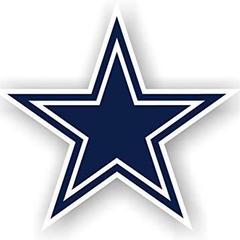

Recommended Posts
Create an account or sign in to comment
You need to be a member in order to leave a comment
Create an account
Sign up for a new account in our community. It's easy!
Register a new accountSign in
Already have an account? Sign in here.
Sign In Now